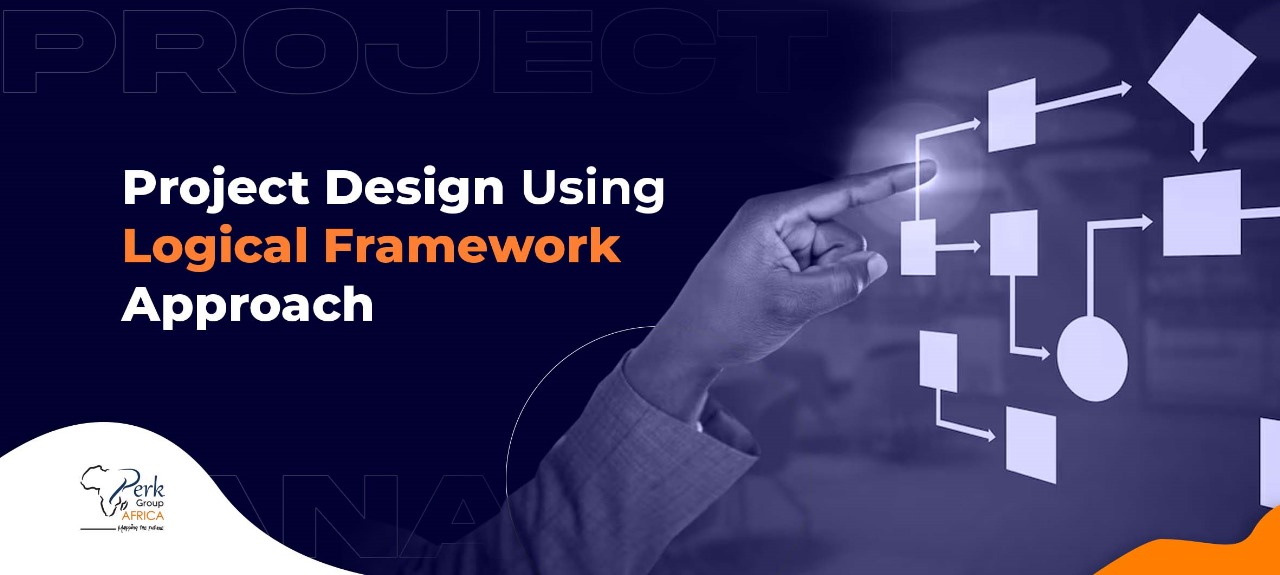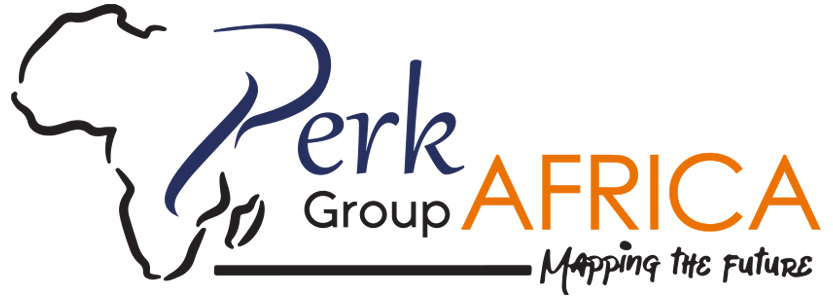
Training Course on Project Design using Logical Framework Approach
Course Overview
The Logical Framework Approach provides a comprehensive framework for project design by breaking down project objectives into manageable components, defining indicators for measuring success, identifying means of verification, and addressing potential risks and assumptions. Throughout this training, we will cover key concepts such as stakeholder analysis, problem analysis, objective setting, strategy formulation, activity planning, indicator development, risk analysis, and the development of the Logical Framework Matrix (LogFrame). By the end of this session, the participant will have a solid understanding of how to apply the Logical Framework Approach to design projects that are focused, measurable, and aligned with desired outcomes.
Course Objectives
By the end of the training, participants will:
- Understand the principles and importance of the Logical Framework Approach (LFA) in project design.
- Be able to conduct stakeholder analysis effectively.
- Master problem analysis techniques to identify project needs and priorities.
- Develop clear, measurable, and achievable project objectives.
- Formulate strategies and interventions aligned with project goals.
- Plan and sequence project activities efficiently.
- Define relevant indicators to measure project progress and success.
- Identify and assess project risks and assumptions.
- Create a comprehensive Logical Framework Matrix (LogFrame) for project guidance.
- Apply the Logical Framework Approach confidently through practical exercises and case studies.
Course Duration: 5 days
Course Outline
Module 1: Introduction to Project Management
- Characteristics of a project
- Project Cycle Management
- M&E in Project Management
- Results Based Management
Module 2: Overview of Project Design Tools and Methods
- Introduction to M&E and project design
- Results Framework
- Theory of Change
- Logical Framework
Module 3: Introduction to Logical Framework
- Purpose of the logframe
- Logframe and LFA
- Logframe and project lifecycle
- Logical framework formats
Module 4: LFA: Project Analysis
- Stakeholders analysis
- Problem analysis
- Objectives analysis
- Strategy analysis
Module 5: LFA: Project Logic
- Results chain approach
- Developing the project objectives
- Linking activities to outputs
Module 6: LFA: Indicators
- Understanding indicators
- Indicator metrics
- Developing the indicators
- Linking indicators to objectives in a logframe
- Indicator baseline and targets
Module 7: LFA: Means of Verification
- Introduction to data in M&E
- Data collection sources and methods
- Linking data to indicators
Module 8: LFA: Risks and Critical Assumptions
- Introduction to project assumptions
- Developing assumptions in the logframe
- Risk management for critical assumptions
Module 9: LFA: Project Schedules
- Project Implementation Plan
- Project Cost Schedules
Module 10: Performance Measurement
- Monitoring strategies
- Performance Measurement Framework
- Indicator Performance Tracker
Note: This outline provides a general structure for the training. The specific content, activities, and duration of each session may be adjusted based on the target audience, learning objectives, and available time.
Classroom Training Schedule
| Start Date | End Date | Location | Cost | Apply |
|---|---|---|---|---|
| Aug 04, 2025 | Aug 08, 2025 | Nairobi | $ 1050 | Register |
| Sep 08, 2025 | Sep 12, 2025 | Nairobi | $ 1050 | Register |
| Oct 13, 2025 | Oct 17, 2025 | Nairobi | $ 1050 | Register |
| Nov 17, 2025 | Nov 21, 2025 | Nairobi | $ 1050 | Register |
Virtual Training Schedule
| Start Date | End Date | Location | Cost | Apply | |||
|---|---|---|---|---|---|---|---|
| Jul 21, 2025 | Jul 25, 2025 | Online | $ 400 | Register | |||
| Aug 25, 2025 | Aug 29, 2025 | Online | $ 400 | Register | |||
| Sep 29, 2025 | Oct 03, 2025 | Online | $ 400 | Register | |||
| Nov 03, 2025 | Nov 07, 2025 | Online | $ 400 | Register | |||
| Dec 08, 2025 | Dec 12, 2025 | Online | $ 400 | Register |
Course Language
This Training course is offered in ENGLISH . Please indicate the language of choice during registration.
Course Delivery
Presentations are well guided, practical exercise, a plenary presentation, and group work. Participants are encouraged to bring any data relevant to their job responsibilities. This is hands-on, product-oriented training and will mostly involve practical exercises. Each participant MUST bring along their own working laptop and android phone.
Certification
Upon completion of training, the participant will be issued with a certificate of Completion.
Tailor-Made Course
3 months post-training support, consultation, and coaching is a guarantee from us and will be available after the course.We can also do this as a tailor-made course to meet organization-wide needs. Contact us to find out more: training@perk-gafrica.com.
